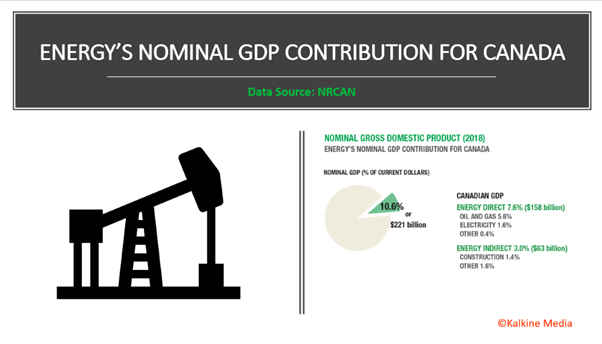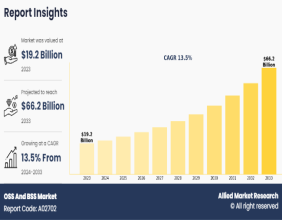Summary
- The energy sector added C$ 219 billion to Canada’s nominal GDP i
- However, the pandemic has impacted the oil and gas sector leading to unprecedented operational and price crisis.
- The Trudeau government is mulling reduction of the corporate tax rate from 15 per cent to 7.5 per cent for renewable energy and cleantech companies.
Canada has a diverse reservoir of energy resources comprising crude oil, coal, nuclear energy, renewable energy, natural gas, etc. The country is the sixth-largest energy producer in the world. Between 2005 and 2018, the energy production went up by 32 per cent, higher than the world average energy production that surged by 25 per cent in the same period. Crude oil is the primary energy source for Canada. The country produced 34.4 per cent of its energy from crude oil in 2018, as per Natural Resources Canada data.
The Trudeau government is mulling reduction of the corporate tax rate from 15 per cent to 7.5 per cent for renewable energy companies, zero-emission vehicle manufacturers, batteries, and energy-efficient smart homes. The move may hurt investments in oil and gas sector Alberta, which has led to criticism of Trudeau's environmental policies by certain political and industrial corners. However, the province has long been targeted by ecological activists for its high GHG emissions.
The energy sector added C$ 219 billion or 10.2 per cent to the nominal gross domestic product (GDP) in 2019, including C$154 billion directly and C$ 65 billion indirectly. Of this, the oil and gas industry alone contributed 5.6 per cent to the nominal GDP in 2018.

Canadian Oil Supply & Demand
Crude oil contributed 81 per cent of Canada's energy exports to the US in 2019, as per Natural Resources Canada data.
However, the pandemic has impacted production in the oil and gas sector, which is witnessing unprecedented operational and price crisis. The Canadian crude oil companies were forced to lower production, leading to several job losses along with a drop in revenues.
Most of the Canadian crude oil portion comes from Alberta province. Recently the provincial government said it would revoke monthly oil production curbs in an attempt to create jobs and to use available pipeline facilities. The announcement comes days after an official update from the Canada Energy Regulator, which stated that the western Canadian oil companies had resumed production operations. However, Alberta's 16 per cent crude oil production facilities remain inoperative.
However, there's hope from across the border.
With the US facing an oil crunch due to lower Mexican crude supply and reduced local oil production, the Midwest-based refiners are likely to seek out Canadian oil producers. This may lead to higher prices for Canadian crude and low discounts of oil sands, according to a report by the Bank of Montreal Capital Markets.
Trudeau In Pursuit Of Green Energy
The Canadian Prime Minister Justin Trudeau-led minority government has been pushing for green energy production. The abrupt departure of former finance minister Bill Morneau in August also indicates that the PM won't come to the rescue of the oil and gas industry in the long-run. Morneau was pro-oil and gas industry. The former finance minister also clashed with Trudeau over the widening fiscal deficit due to COVID-led support programs.
Canadian Prime Minister Justin Trudeau, who's long been advocating the renewable movement, recently said that Canada's way out of the COVID-19 pandemic is going to be "green".
Canadian Finance Minister Chrystia Freeland on her appointment urged all citizens to start using green energy and make it more inclusive. The green energy industry will also create more jobs, she added.





